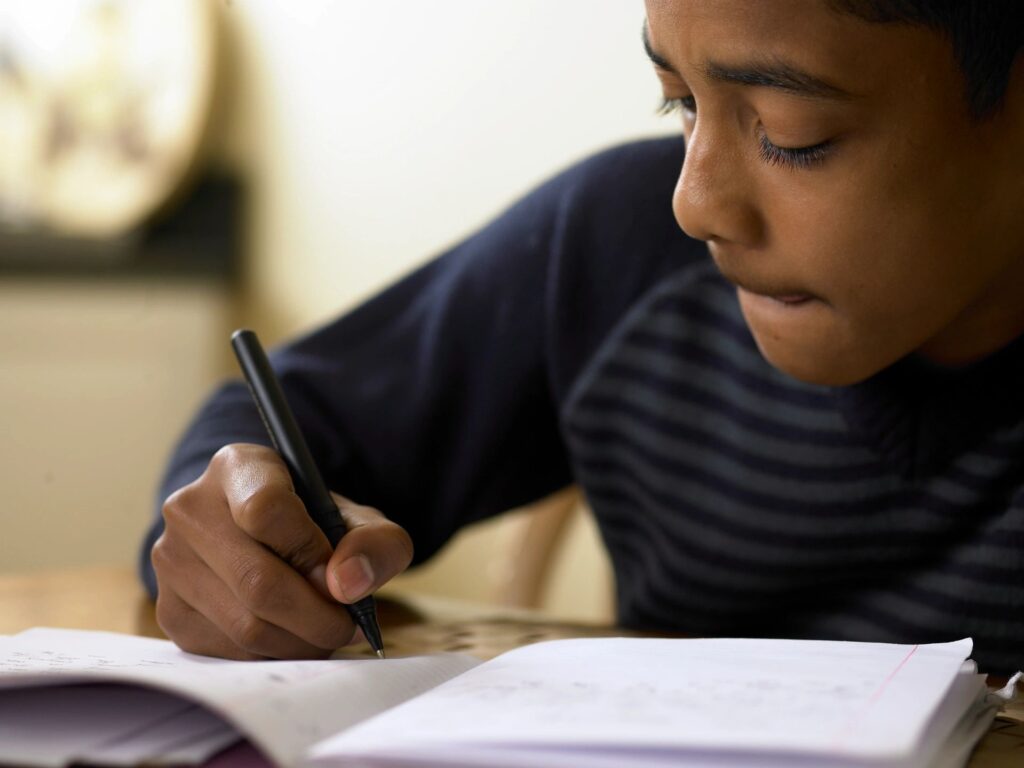Educational testing and/or psychological evaluations help us understand the learning needs of individual students. A school psychologist can certainly conduct these evaluations as part of the special education team’s evaluation to determine eligibility for services. However, they may also be performed by licensed psychologists in the community. These assessments a for students of all ages, including college students.
Educational testing may also be used to:
- Identify a learning or cognitive disability
- Develop instructional or behavior plans for students
- Identify significant mental health concerns
- Determine eligibility for gifted programs

The psychologist’s evaluation procedures may include:
Observations
For school-based assessments, it is especially common to gather information about the student’s learning and behavior by observing them in the classroom.
Interviews
A psychosocial interview typically focuses on the student’s social, academic, occupational, relationship, medical, developmental, and/or psychiatric history. It also focuses on the student’s concerns and goals.
Rating scales
Rating scales assess the presence or frequency of certain behaviors or skills. Students may complete these by themselves, or someone familiar with the student, such as a parent or teacher.
The particular rating scale used will depend on the specific concern and the age of the student. For example, for behavioral issues, it might be appropriate to use the Behavior Assessment System for Children (BASC). The Minnesota Multiphasic Personality Inventory-Adolescent-Restructured Form (MMPI-A-RF) assesses psychiatric issues. The Vineland Adaptive Behavior Scales-Third Edition (Vineland-3) or the Adaptive Behavior Assessment System-Third Edition (ABAS-3) are assessments we use to determine developmental disabilities.
Standardized tests
This type of educational testing compares the student’s performance to an appropriate peer group, generating standard scores or percentile ranks. The specific standardized test used also depends on the student’s age and educational concerns. The Wechsler Intelligence Scale for Children-Fifth Edition (WISC-V) is an intelligence test we commonly use.
Furthermore, an instrument measuring achievement is often administered to assess for specific learning disabilities. There are many tests of this sort available, such as the Wechsler Individual Achievement Test (WIAT), Kaufman Test of Educational Achievement (KTEA), Woodcock-Johnson Tests of Achievement (WJ), Wide Range Achievement Test-Fifth Edition (WRAT-5), etc. Another common issue is determining the presence of ADHD. There are numerous tests that can be used to assess that condition as well.
This comprehensive form of educational testing should also include information from multiple sources. These sources might include the school, family, pediatrician, therapist, etc.. A review of relevant educational records is also quite important such as Evaluation Team Reports, Individualized Education Programs, grade transcripts and disciplinary history.
Another key point is that we would want to verify language proficiency for those students with English as a second language. Assessing all factors affecting the student’s behavior and learning are important as well. Some examples include language, health, economic, or cultural factors.
A psychologist will generate a report when the full evaluation is complete. This report will have specific recommendations to help the school or academic institution best serve the student’s needs.




Comments are closed